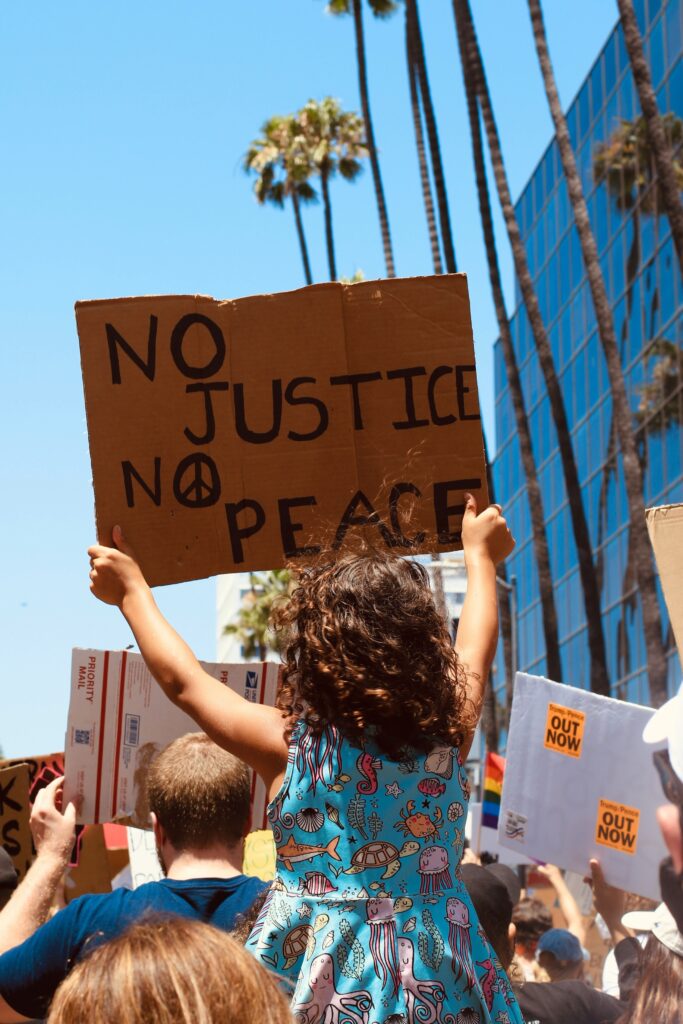An emerging issue affecting the economy, politics, and social life, youth unemployment is a major concern in the East African Community (EAC). A major danger to the future of peace, social development, and harmony in the region is the lack of excellent jobs and the fact that over 60% of the population is under the age of 25.
This article discusses the link between youth unemployment in East Africa and a variety of negative outcomes, including resource conflicts, mass migration to Europe, terrorist attacks, and social unrest. In addition to harming local communities, these impacts make it more difficult to raise regional understanding about issues of justice, human rights, and community involvement.
Resource Conflict: The Battle for Survival

Resource conflicts have intensified in East Africa due to high unemployment and limited economic opportunities. A lot of young people in pastoralist and rural areas don’t have work, so they get into what are called “clan supremacy struggles,” where they exploit their familial or ethnic identities to gain resources like land, water, or government subsidies that are otherwise hard to come by.
Money isn’t the only thing at stake here; power is, too. As a result of governments’ failing to create employment opportunities, new forms of authority emerge. When youth band together around a shared sense of clan identity, they may resort to violent means to secure or expand their clan’s hold on resources. The result is a never-ending cycle of clan wars, population displacement, and community collapse. Justice, human rights, and harmony are the EAC’s stated objectives, yet these conflicts are completely at odds with those. Financial security and the equitable distribution of resources are prerequisites for young people’s social development.
The Perilous Migration to Europe
In a country where hope is dwindling, thousands of young Africans are seeking employment abroad. Countless individuals put their lives on the line to cross the Mediterranean Sea and reach Europe in search of better opportunities. The massive outmigration of skilled workers is a major setback for society as a whole and is sometimes referred to as the “brain drain
The issue, however, is more systemic. Smugglers and traffickers have brainwashed many of these children into believing that Europe offers the only hope for a dignified life. The end outcome? Countless young lives are tragically lost at sea, and thousands more find themselves confined to detention centers or trapped in vicious cycles of abuse.
This tragic event highlights the need for COMMUNITY AWARENESS campaigns warning youth of the perils of illegal immigration and the advantages of remaining put. Together, governments and civic society may build programs that teach skills, promote entrepreneurship, and assist young people in securing jobs that allow them to remain anchored and productive in their home countries, thus fostering peace and harmony.
The Increasing Danger of Terrorism

A troubling consequence of young people in East Africa being unable to secure employment is the escalation of violent extremism and terrorism. When young people are unemployed and searching for a place to call home, radical organizations prey on their desperation.
Some young people are compelled to join terror networks, while others are deceived into believing they are fighting for a worthy cause** through religious extremism. All of this is done to influence them into spreading lies and violent acts and reducing the stability of their own communities.
In addition to exploiting vulnerable youth, this also violates their human rights and impedes efforts to create peace. We need to provide jobs, improve education, provide mental health care, and establish programs to assist ex-fighters in reintegrating into society if we want to solve this problem. In a just society, hate and bigotry have no place in the future.
The Anger Voices in Civil Unrest and Youth Protests
A growing number of demonstrations in East Africa are spearheaded by young people. A lack of opportunities, a crooked government, and widespread poverty have prompted people to take to the streets in protest. Changes, transparency, and, most importantly, **jobs** are what young people in countries like Kenya, Tanzania, and Uganda are requesting.
Justice is being demanded by these protesters. They represent a generation that will speak out when they witness suffering. The gap between the state and its youth grows wider when many administrations resort to repression as a response.
It is critical to involve youth in government if we want PEACE and SOCIAL DEVELOPMENT to endure. The youth are not an issue that must be resolved; rather, they are a solution that must be embraced. Therefore, their focus should be on initiatives that raise community awareness, foster innovation, and encourage democratic involvement.
Final Thoughts: Creating a Future of Cooperation and Opportunity
East Africa’s youth are the continent’s greatest asset. The loss of self-respect, aspirations, and, eventually, lives is a constant companion of unemployment. The devastating ripple effects of joblessness extend well beyond the immediate area and include things like “resource conflicts,” “terrorism, migration,” and “civil unrest.”
A glimmer of optimism, nonetheless, remains.
By investing in education, vocational training, entrepreneurship, and fair government, the East African Community can transform this crisis into an opportunity. Permanent PEACE, HARMONY, and social development can only be achieved with a young population that is actively seeking employment.
Now is the moment to alter the narrative. Let us shift our perspective from viewing our youth as helpless victims of unemployment to seeing them as agents of progress and equality, ushering in a new age.
Governments, civic organizations, educators, and community leaders must collaborate to guarantee that our youth have tangible career opportunities. You must take action immediately. Get involved with the East African Community’s movement for youth empowerment, sustainable development, and peace.
We have the power to create a future where all youth are allowed to live with optimism, meaning, and respect by joining forces.



